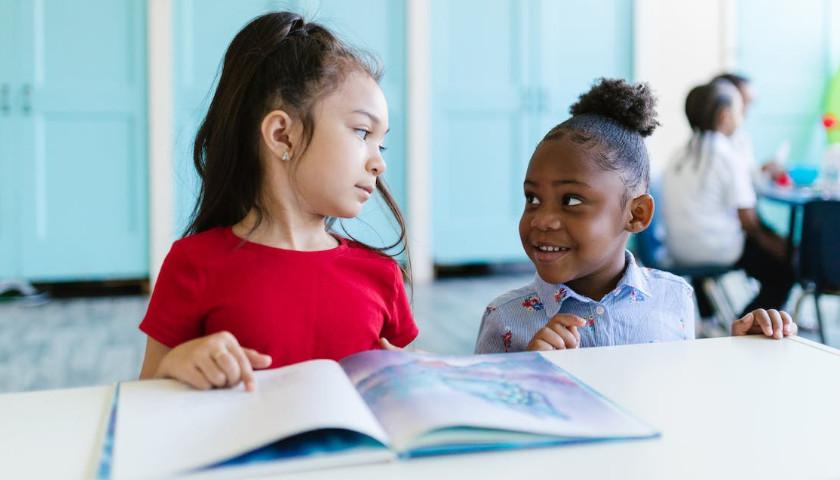by Itxu Díaz
Kids, go to school! It’s time to go back. Some will have already started. A ritual that we adults attend every year with a mixture of nostalgia and indifference: nostalgia because we remember the beautiful — or ugly — child we were, and indifference because at least this time the math teacher will not ask us to explain the lesson. However, both feelings can coexist naturally with something deeper and more important: We need the teachers, and we need the teachers to do their best work possible.
In a time of cultural war, education sometimes appears in public debate as something theoretical, as part of a political program, but it does not usually appeal to its main administrators: teachers.
To the teachers, who really want students to be better upon leaving their classroom, to those who do not succumb to the blackmail of unions or the madness of the extreme Left, we ask them to give the best of themselves, not to train children in knowledge, but for the most important thing in this time of permanent woke drizzle: to teach children to exercise freedom, action, thought, word.
I was lucky enough to have many great teachers. I remember almost every one of them often. One of them taught natural sciences and dedicated one day a week to raise in class a real ethical dilemma taken from the press, of current affairs, in which was a wonderful practical lesson of bioethics but, above all, of independence of thought. He didn’t tell you how you should judge the facts. He provided you with all the information, offered you all the possibilities, and left all the material in front of you so that you were the one who formed an opinion that, in addition, could not be arbitrary, because later you had to defend it in the classroom.
It is more important than ever to train our children well. Because, even if we don’t want to see it, even if some idiot always comes out talking about democracy or the polls, the truth is that we live in a cultural dictatorship. And the only way to face it is with a lot, a lot of training, enough to be able to untangle the immense moral and emotional traps that the Left weaves along the way in almost any field, from politics to sport, from science to history, from the professional sphere to the intimate domestic sphere. And the one who is in the best position to train our ways, in addition to the families, are the teachers. We should pray for them at the beginning of the year so that they hear the Holy Spirit and not the PTA.
– – –
Itxu Díaz is a Spanish journalist, political satirist, and author. He has written 10 books on topics as diverse as politics, music, and smart appliances. He is a contributor to The Daily Beast, The Daily Caller, National Review, American Conservative, and Diario Las Américas in the United States, as well as a columnist at several Spanish magazines and newspapers. He was also an adviser to the Ministry for Education, Culture, and Sports in Spain.








